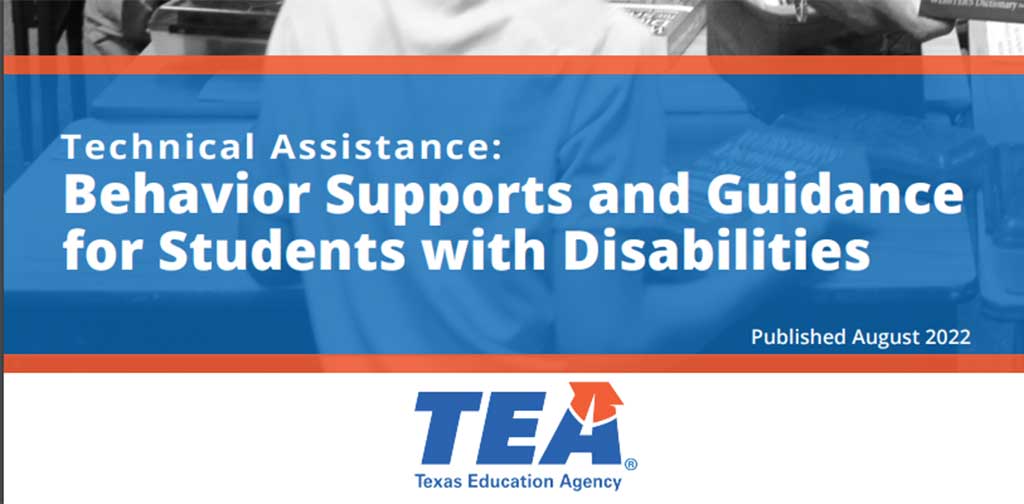Just hearing the word ARD (Admission Review and Dismissal meeting) can cause terror in some parents. I can remember sitting in my very first ARD meeting (in IDEA, this meeting is referred to as the IEP meeting). My husband was out of town and I did not know that I could take anyone with me, so I went by myself. I was brought in and given a chair at a very large table. The room was filled with people I had never seen before. To say that I felt intimidated is an understatement.
I believe the only words I said were my name and “yes” because I was nervous and felt out of place.
That was 6 years ago, and I have learned so much in that time. But I still have so much to learn.
I always try to write down my questions before going to an ARD, so I won’t forget them. Here is a list of questions I try to ask each time:
- Which goals are going to be the main focus in this meeting for my child? So many goals are set during the ARD that I try to focus on the one or ones that are the top priority.
- What can we do at home to work on this goal? It helps my son if we work on the same things at home that he does in school.
- What will progress look like? How will progress be measured? Will you be using tests, observations, or something else? There are so many ways to measure. You want to be clear on how they will be doing this, so you can have the same measure for work at home.
- What strengths do they see in my child? What are ways that I can encourage my child at home?
- What will my child’s day look like and how will the supports be implemented daily? Will my child be pulled out of the classroom or will support staff be brought into the classroom?
- Who will be providing the supports?
- How will my child’s teacher be given assistance and resources? What can I do to help or assist my child’s teacher?
- Will bus drivers and other individuals who will be in contact with my son know and understand his needs? One of my greatest concerns for my son is the time when he is on the bus. He rides it for an hour in the morning and afternoon. I want to make sure they are aware of his behavioral issues and how to respond appropriately.
- Who do I need to contact later if I have questions or concerns?
- Can you please repeat or explain that again?
Never be afraid to ask for clarification or an explanation. It is important to understand everything said.
These questions will not cover every issue that may be discussed in the ARD and you may have many others that you want to add. But this is a good place to begin.
Article by Melissa Morphis, www.navigatelifetexas.org



